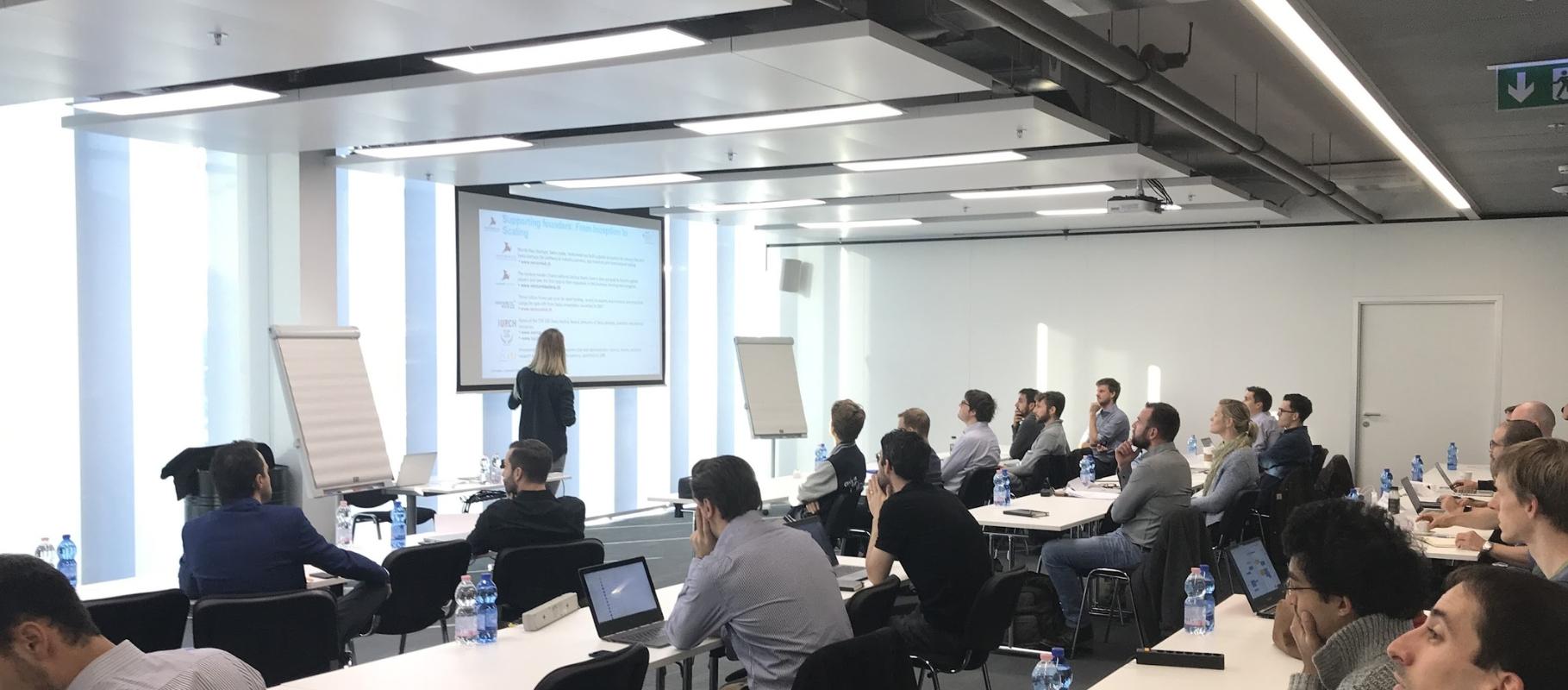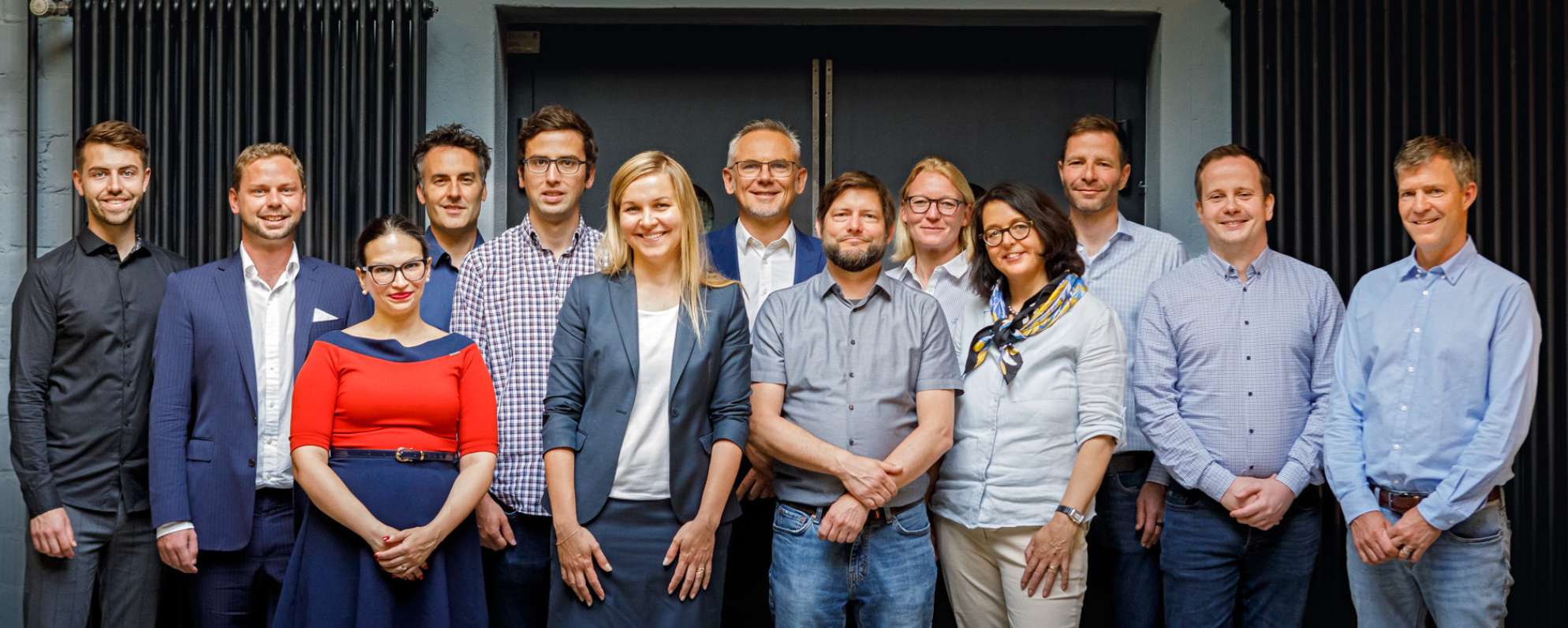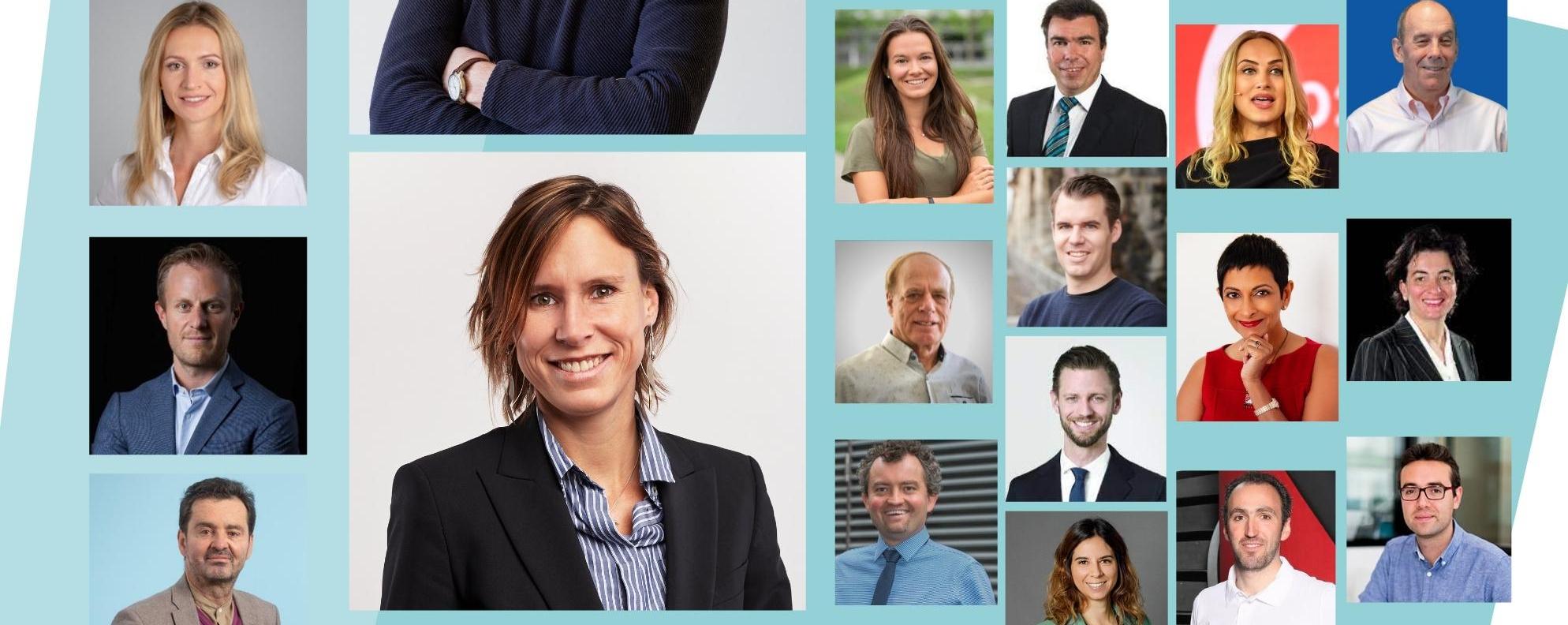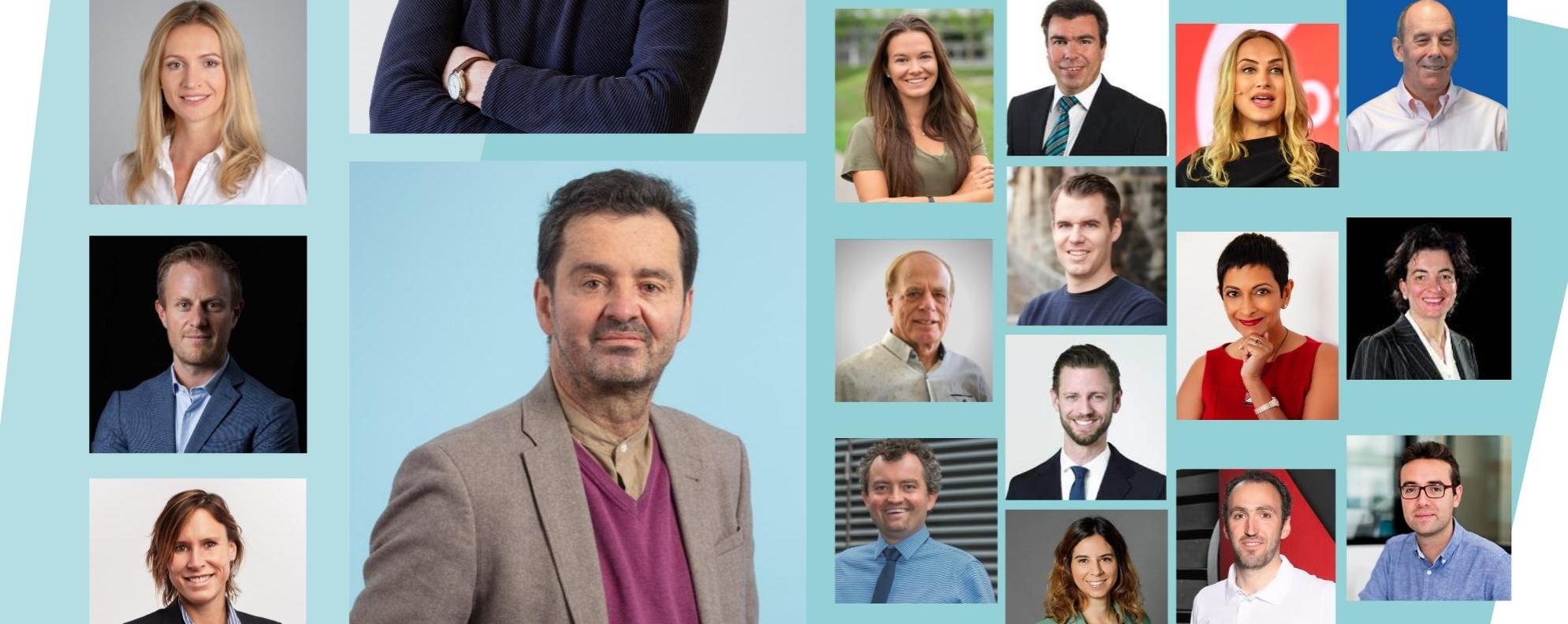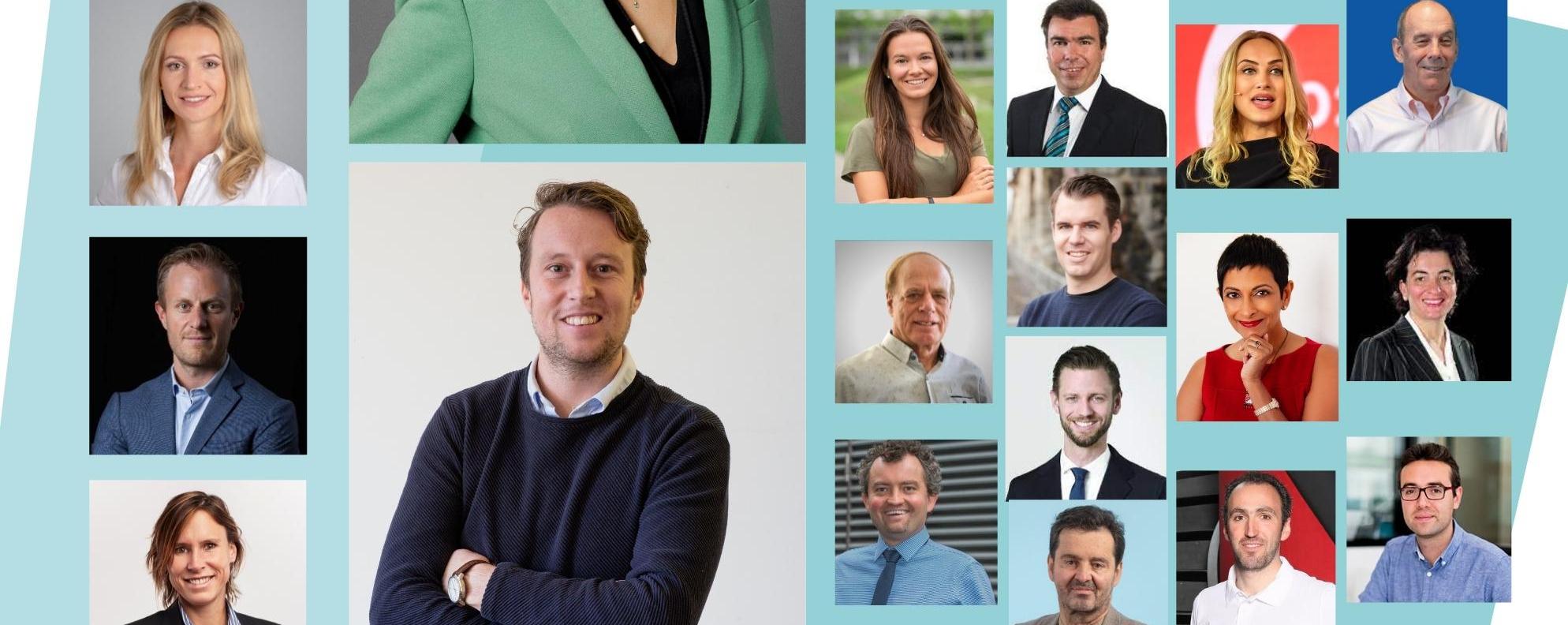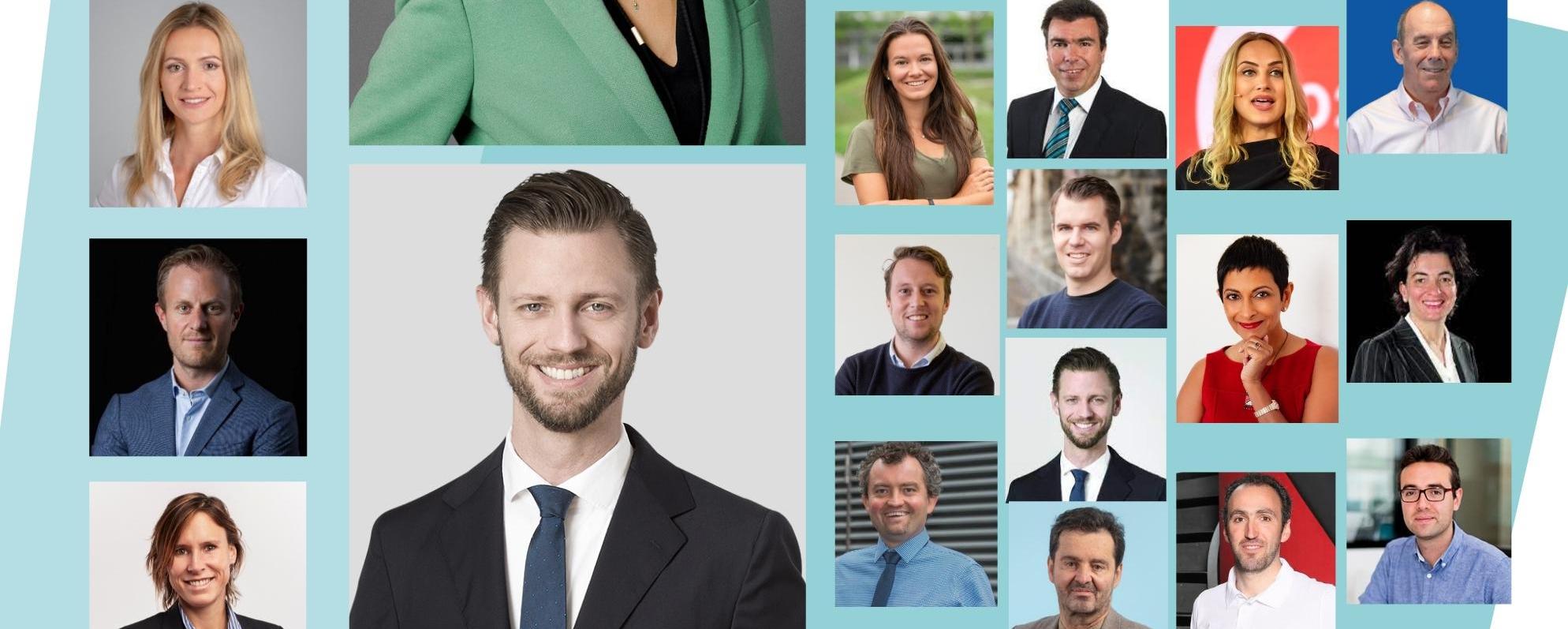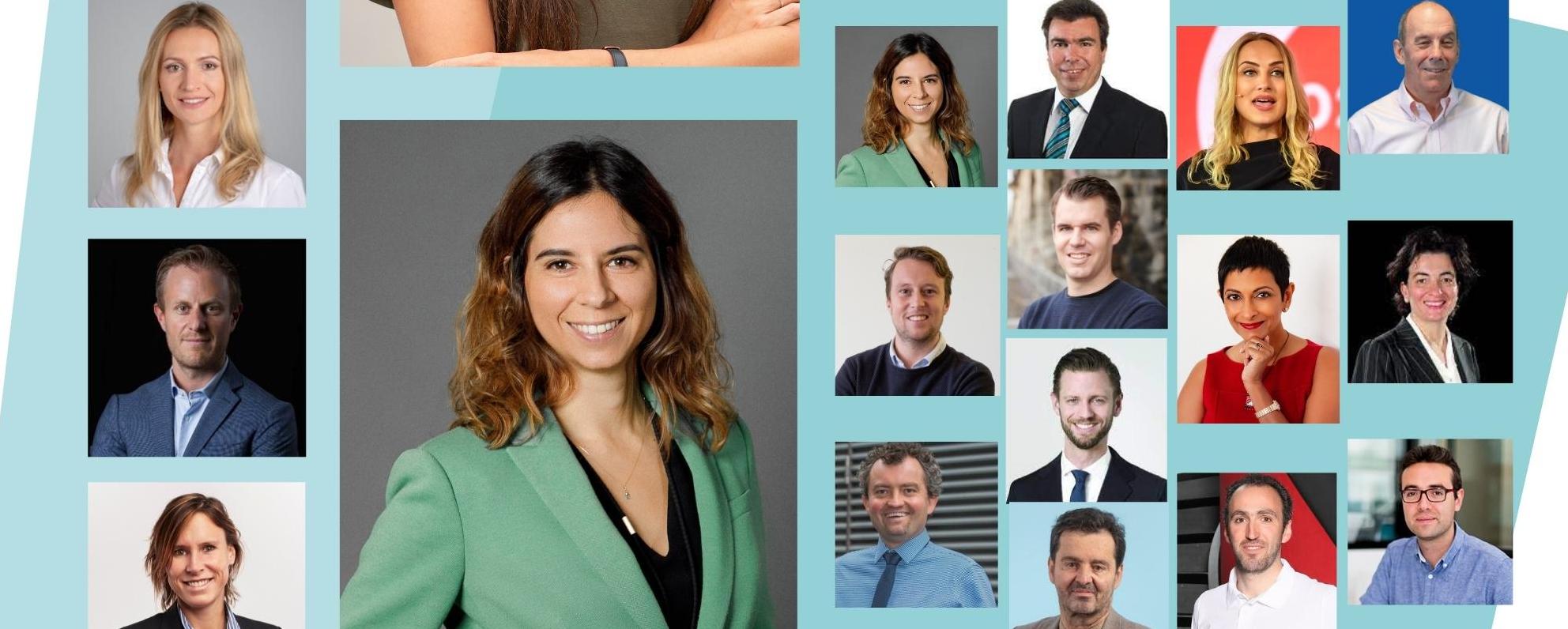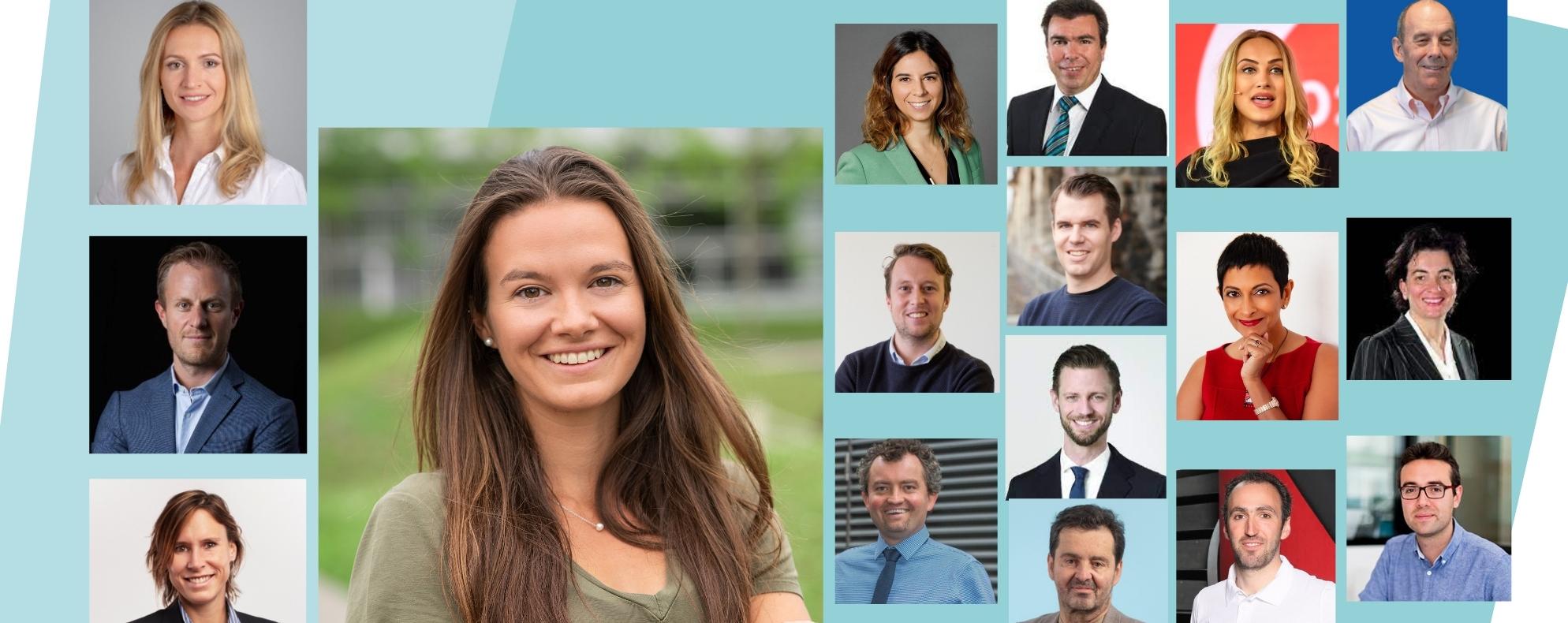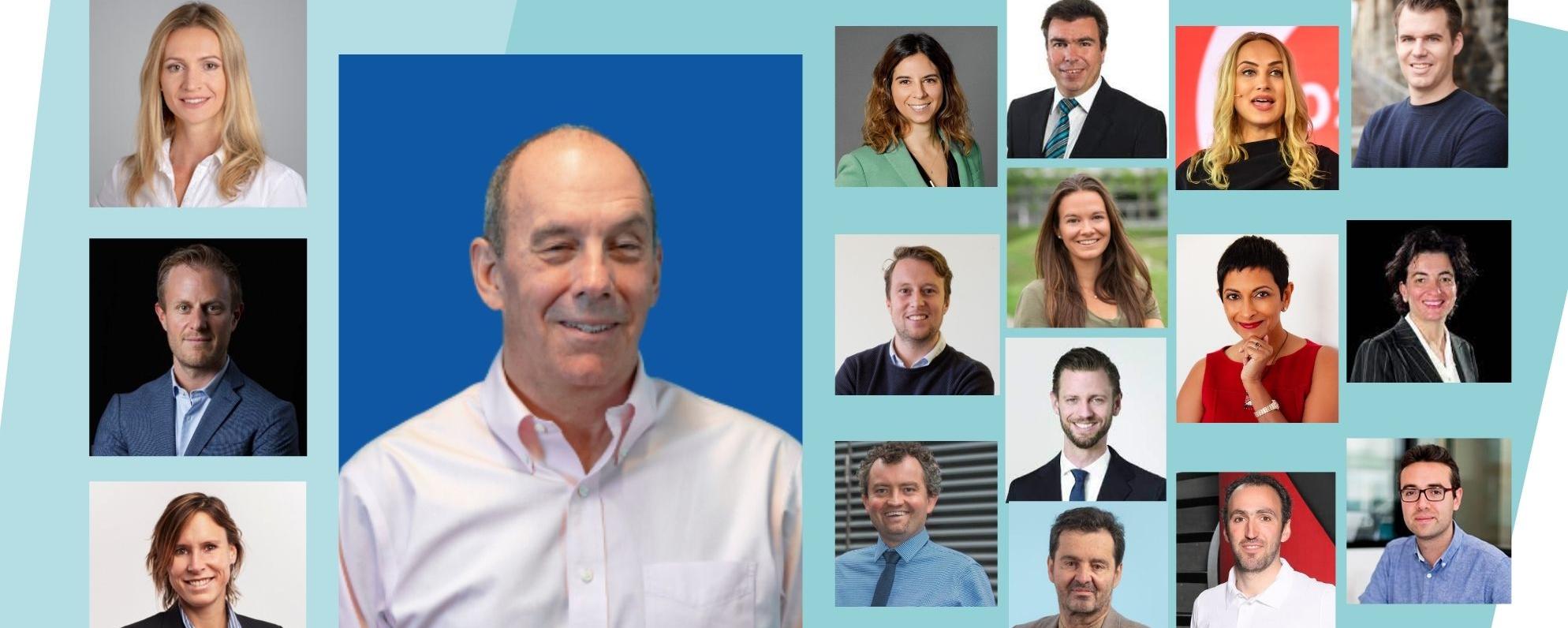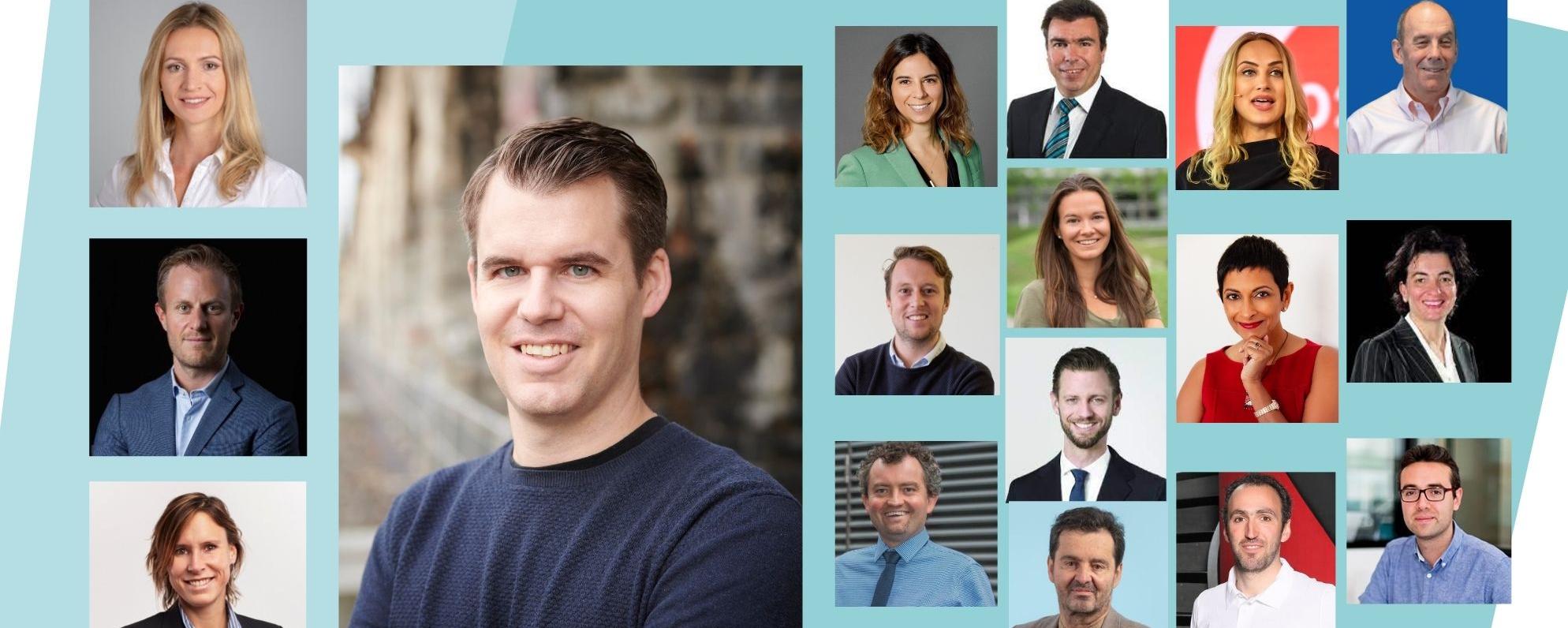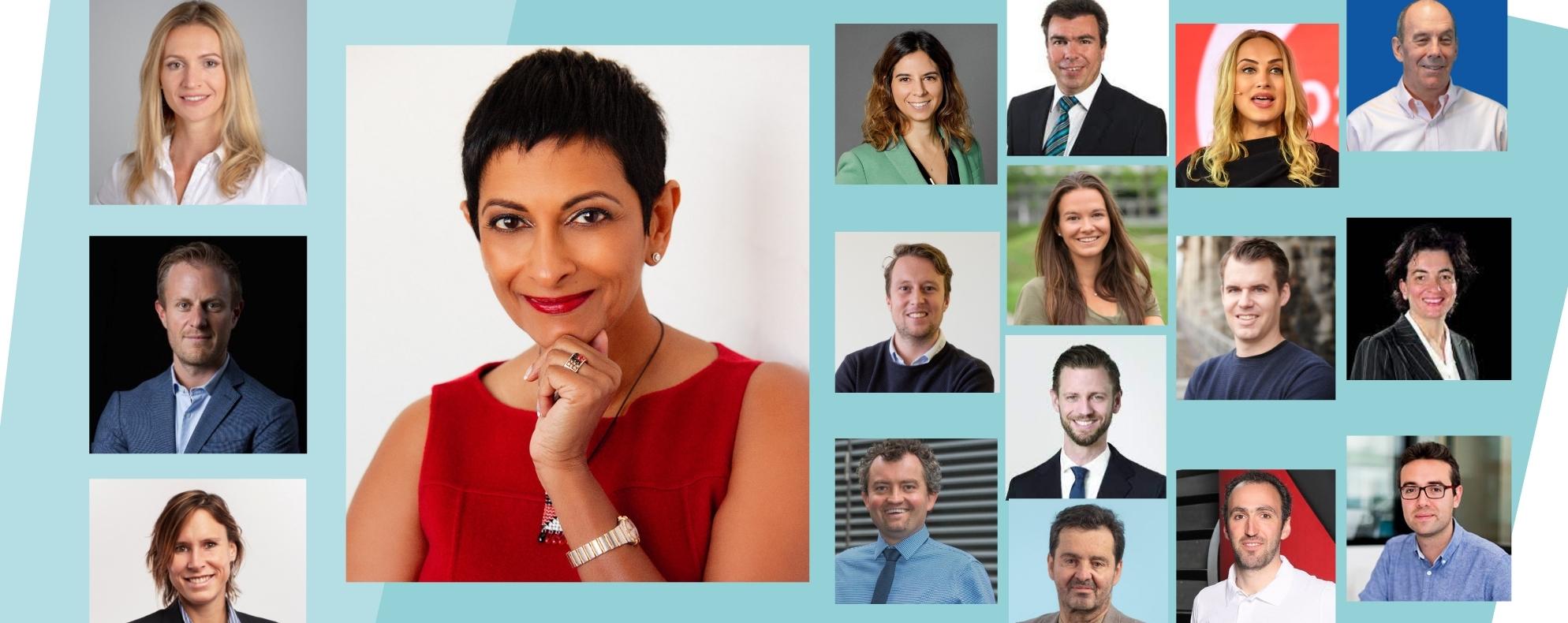The Innosuisse Start-up Training in Business Growth and Business Creation equips entrepreneurs with the tools to build world-class start-ups. Around 30 times a year, the Innosuisse trainers—more than 160 entrepreneurs, investors, and experts—share their expertise and provide hands-on experience in tailor-made workshops for ICT, advanced engineering, medtech, and biotech start-ups. One of these trainers is Glenn Stanley, the CEO of BIOSTART Consulting GmbH, which provides a comprehensive range of consulting services to young and in-trouble biopharmaceutical companies. Learn more about Glenn’s training sessions, his expectations of the participants, and his entrepreneurial experience.
The Innosuisse Start-up Training comprises accomplished entrepreneurs, investors, and experts who help young companies accomplish their missions. Many Innosuisse coaches have built start-ups themselves, and all know the challenges and opportunities entrepreneurs face. To learn more about the experts who support the Swiss innovation ecosystem, we ask them to complete a short profile and choose at least eight questions from a questionnaire about their training session and their personal and professional life.
About Glenn

Location: Zurich
Born in: South Africa
First touchpoint with Venturelab: In 2013, for a Venture Kick jury session
Graduated from: B Pharm: Natal University; B Com: University of South Africa; Dip Marketing Management: Damelin Business School
Job title: Present: CEO BIOSTART Consulting GmbH
Previous: VP Oncology; Amersham Health (GE Healthcare); Global Head Pain & Inflammation, Rhone Poulenc Rorer (Sanofi); Chairman & CEO, Pharmaxon
“BIOSTART’s activities fall into three business areas: (i) Start-up support: Together with a global associate network, we provide a comprehensive range of business strategy, funding, partnering and exit and business rescue services; (ii) Investors: We identify exceptional investment opportunities plus due diligence services to family offices, VCs, and investment banks (Europe, USA & Japan); (iii) Business schools: We lecture on corporate strategy and business development.”
About Glenn’s Innosuisse training
How are you involved in the Innosuisse Start-up Training?
Specialized in both biotech and medtech business areas, I am an Innosuisse/Venturelab trainer, expert, entrepreneur, and coach for both Business Creation and Business Growth training sessions. I cover topics including business strategy; business model and investor presentation optimization; choosing and securing investors, KOLs [key opinion leaders], and strategic partners; negotiating deals; and knowing when and how to exit.
What is your motivation to join the workshops as a trainer?
First, while meeting exceptional start-ups during Venture Kick jury sessions, I have developed a strong desire to follow their progress and help them to succeed. Second, I believe that going straight from university to the setting up of a start-up business takes tremendous courage. Those who do so should be congratulated and given ALL the assistance that they will need to succeed. Third, in the past, I have had tremendous mentors, and, in turn, I want to make myself available to those who are committed, enthusiastic, hard-working, determined, and, therefore, DESERVE to be helped.
What do you hope to accomplish with the participants?
I want to assist course participants with identifying the key business areas where they are facing project-threatening difficulties and then help them find solutions to these problem areas, thereby maximizing their chances of SUCCESS. I see too many great teams, with amazing technologies, failing to get the product to market.
What do you think founders need most from a training course?
Help to identify the key issues within their particular business and technology areas and develop plans that will best address these key issues. So often, we tend to spend our time dealing with issues we are most comfortable with rather than those that are most important to our business.
What is the best advice you can give to start-up founders?
First, get the basics right (plan and validate), and the rest will fall into place. Second, take time to get to know and understand the needs of the customer/patient and healthcare provider, the partner, and the investor. In other words, regularly re-validate your business model, carefully considering rapidly evolving external (uncontrollable) and internal (controllable) factors.
About Glenn’s professional life
What do you do when you are creatively stuck?
I go for a long mountain bike ride, swim, or walk. If that does not work, I seek the opinions of experienced specialists within BIOSTART’s Global Associate Network. There is always somebody with a great idea or a workable solution!
What made you decide to start your business?
After managing several billion-dollar global franchises in different companies, winning three global marketing awards, and commercializing more than 20 market leaders, I was invited by a group of entrepreneurs to help them to identify high potential start-up investment opportunities, do the due diligence, select the best opportunities, and support the companies they invested in. With early success, I began working with other investment groups and a growing number of start-up companies in Europe, the USA, Japan, and even a few in China.
What is the best advice you have ever received?
While working for Rhone Poulenc Rorer at its Global Headquarters in Paris, after doing a six-month-long feasibility and risk analysis, I was able to secure a commitment from the Senior Executive Committee (SEC) to invest USD 50 million in a new and very novel galenic form of the company’s number one (billion dollars) pain and inflammation product franchise. As I walked out of the SEC meeting smiling, the president followed me, congratulated me, and then asked me how long it had taken me to bring this great idea to the SEC. When I said six months, he replied that “with any great idea, the chances of the competition also getting the same idea is extremely high, and that speed to market becomes the most important factor.” When I replied that I did not want to make a mistake, his IMMEDIATE response was that “The objective should never be to make no mistakes, but rather to make more right decisions than wrong decisions.”


